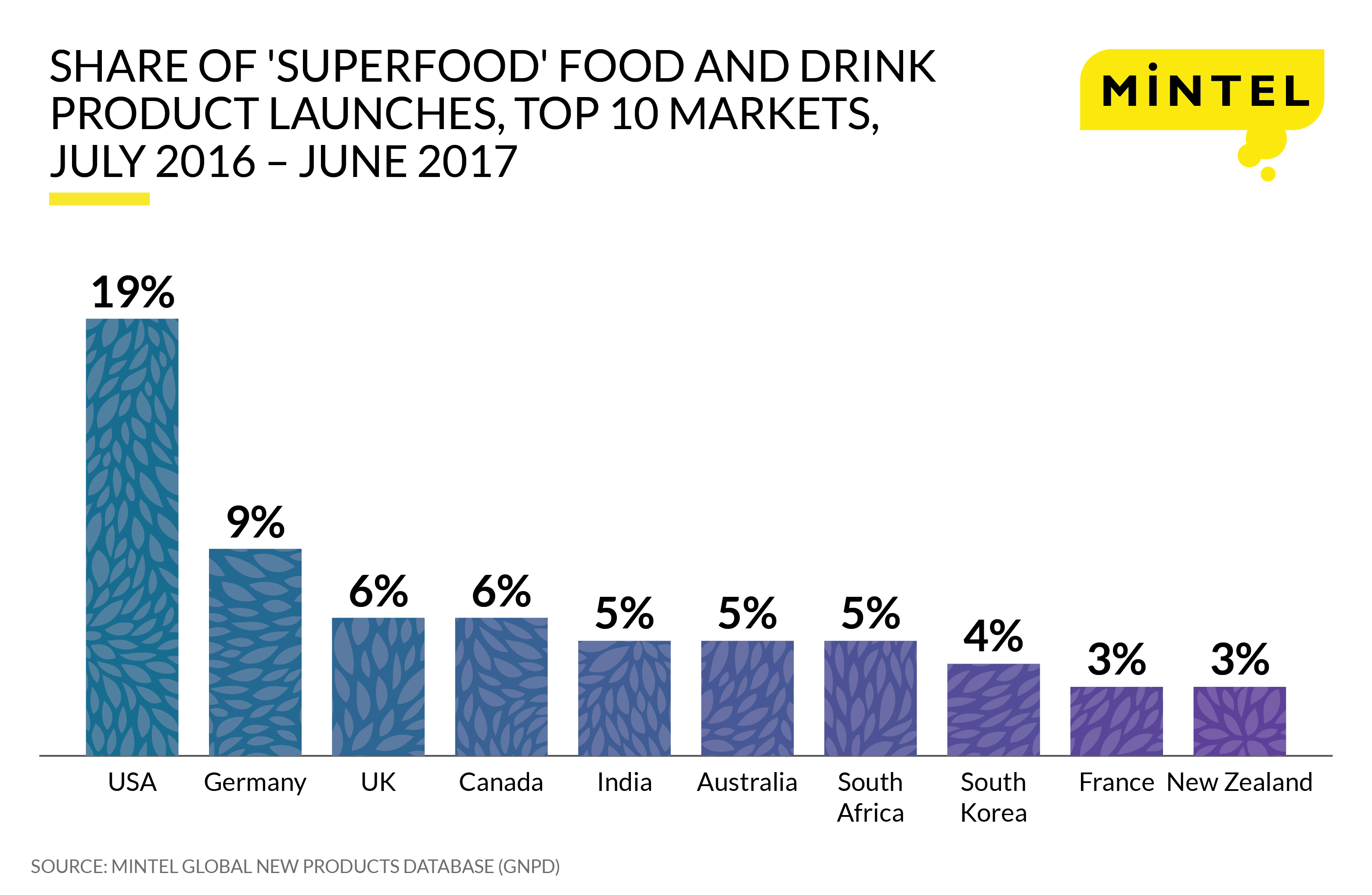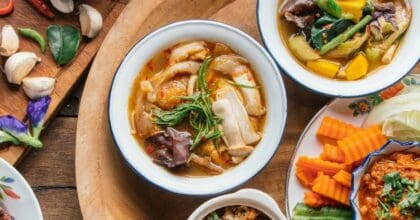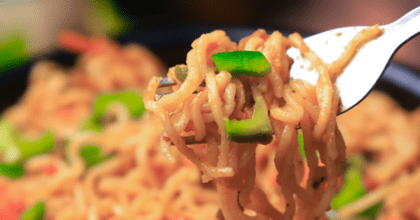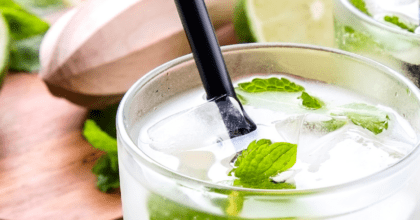Germany is now the world’s second most innovative market for superfood launches
From superfoods to supergrains, consumers around the world are facing more choice than ever when it comes to ‘super’ products and it seems that Germany is one of the world leaders in this type of food and drink innovation.
New research from global market intelligence agency Mintel shows that Germany has recently overtaken Australia and the UK, and is now the second most innovative market for ‘superfood’ launches. According to research from Mintel’s Global New Products Database (GNPD), 9% of global food and drink launches carrying a superfood* claim occurred in Germany in the year to June 2017, up from a 6% share in the year to June 2016.
Germany replaced the UK as the global number two in superfood launches, with the latter’s percentage dropping from 9% in the year up to June 2016 to 7% in the following 12 months. Meanwhile Australia ranked third in the world in the year up to June 2016, with 7% of superfood launches, but has fallen to sixth place globally, with 5% of global superfood launches coming from the country in the year to June 2017.
The United States has defended its leading position in superfoods over the year, however they are not as dominant as they once were. While a quarter (25%) of all superfood launches originated in the States in the year to June 2016, this fell to 19% in the year to June 2017.
Overall, Mintel’s research reveals that between 2013 and 2016, Germany witnessed a more than four-fold increase (+433%) in the number of new food and drink launches containing the descriptors ‘superfood, ‘superfruit’, ‘supergrain’, ‘supergreen’ or ‘superseed’.
Katya Witham, Senior Food & Drink Analyst for Germany at Mintel, said:
“Germany moving up the ranks in superfood launches is lined to a growing appetite for superfoods in the country, which is a result of a widening audience of consumers who are interested in health and wellbeing.
Looking to the future, the search for new superfoods will continue to widen beyond the initial focus on popular ingredients such as chia, amaranth and quinoa, with the use of lesser known superfood ingredients in formulations of new products continuing to grow. In particular, ancient grains are increasingly filtering into the German food and drink market, with a growing number of manufacturers attempting to harness the wholesomeness and healthfulness of ancient grains in their products which is boosted by their ‘superfood’ status.”
Indeed, German consumers show strong interest in ancient grains. Almost a third of German adults (30%) are interested in trying bread or baked goods with added superfood seed or grains, with interest peaking among those aged 25 to 34 (46%).
In fact, a significant number of Germans are already consuming alternative or ancient grains like millet and spelt. Mintel research reveals that that a third (32%) of German consumers ate quinoa in 2016, while almost half (48%) used other types of grain such as millet and spelt.
“Supergrains, or ancient grains have a special position in the German market and appeal to consumers as healthy alternatives to conventional grains. Ancient grains have always been popular in Germany, where whole grain bread has been making use of these supergrains for centuries. The use of ancient grains like spelt or millet in bread is not radically new, but these products now appeal to a younger consumer group, due to their ‘ancient grain’ or supergrain positioning.” Katya adds.
Looking at the future opportunities, breakfast cereals with the inclusion of ancient grains, seeds and nuts are expected to strike a chord with consumers seeking out foods that are high in protein. Such innovations are likely to appeal to the one in three (32%) of German adults who claim that they already consume high protein breakfast cereals or porridge, with high-protein attributes proving to be most popular among young consumers aged 16-24 (42%).
“Some of the nutritional advantages of ancient grains are linked to their functional nutritional qualities as many are high in fibre, protein, omega-3 fatty acids and antioxidants. In their natural and unprocessed state, ancient grains also delivering a compelling backstory for those concerned about food origins and highly processed foods. As discussed in Mintel’s 2017 Food and Drink Trend In Tradition We Trust, food and drink with authentic connections to history or tradition provide an inherent element of trustworthiness for consumers.” Katya concludes.
*Carrying the descriptors ‘superfood’, ‘superfruit’, ‘supergrain’, ‘supergreen’ or ‘superseed’ on-pack
Press review copies of the research and interviews with Katya Witham, Senior Food & Drink Analyst for Germany at Mintel, are available on request from the press office.
For the latest in consumer and industry news, top trends and market perspectives, stay tuned to Mintel News featuring commentary from Mintel’s team of global category analysts.
-
Mintel StoreGet smart fast with our exclusive market research reports, delivering the latest data, innovation, trends and strategic recommendations....View reports
-
Mintel LeapMintel Leap is a revolutionary new AI-powered platform that will transform your research process....Book a demo








































